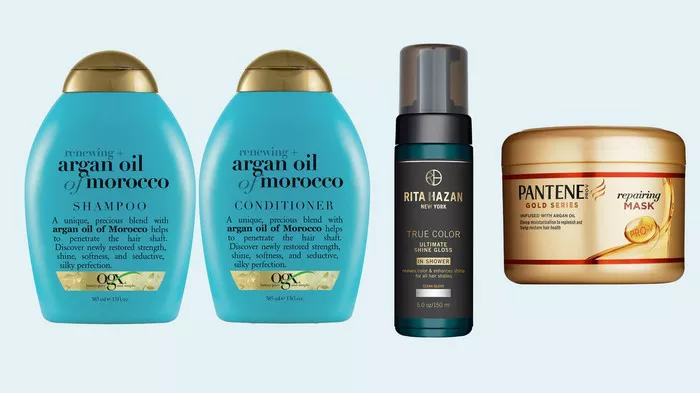Tea tree oil, known for its versatile medicinal applications, emerges as a potent essential oil with manifold advantages for enhancing hair health. Beyond its role in freshening spaces and treating acne, tea tree oil emerges as a top contender among hair oils, catering to various hair types and textures, according to dermatological experts.
Antibacterial and Antifungal Properties
“Tea tree oil is antibacterial and antifungal,” says Dr. Marisa Garshick, a prominent board-certified dermatologist at Manhattan Dermatology and Cosmetic Surgery in NYC. She explains that these properties can address a range of scalp conditions and concerns while promoting overall hair and scalp health.
Benefits of Tea Tree Oil for Hair
Experts highlight several key benefits associated with the use of tea tree oil for hair:
1. Boosts Overall Scalp Health: Dr. Janiene Luke, a board-certified dermatologist in Loma Linda, CA, underscores the significance of maintaining a healthy scalp, as hair growth originates from it. Tea tree oil’s antimicrobial, antifungal, and anti-inflammatory properties contribute to overall scalp well-being.
2. May Promote Hair Growth: While tea tree oil doesn’t directly stimulate new hair growth, Dr. Garshick emphasizes that it can create a favorable environment for hair to thrive by improving overall scalp health.
3. Fights Dandruff: Tea tree oil has been scientifically proven to combat the yeast responsible for dandruff, as well as the associated symptoms such as inflammation, redness, flaking, and itching, notes Dr. Luke.
4. Regulates Oil Production: For individuals dealing with excessive scalp oiliness, products containing tea tree oil can help “balance excess oil production on the scalp” and extend the time between wash days, explains Sabrina Ahmed, Garnier’s curl expert.
5. Calms Irritation: Tea tree oil’s anti-inflammatory properties make it a valuable addition for those experiencing scalp discomfort, inflammation, or itchiness, according to Ahmed.
6. Refreshes Hair and Scalp: Apart from its therapeutic effects, tea tree oil leaves hair revitalized, refreshed, and pleasantly scented, Ahmed adds.
Considerations for Hair Types
Tea tree oil’s versatility extends to being suitable for all hair types. However, Dr. Luke suggests that individuals with sensitive skin or a sensitive scalp should exercise caution, testing the oil on a small area before widespread use. Additionally, those with dry, curly, or textured hair may benefit from products that combine moisturizing ingredients with tea tree oil.
How to Use Tea Tree Oil for Hair?
To maximize the benefits of tea tree oil for hair, several application methods are recommended:
1. Create a Scalp Oil: Mix a small quantity of tea tree oil with a carrier oil such as castor oil or coconut oil. Gently massage this blend into your scalp to enhance blood circulation, leaving it for a few minutes before shampooing.
2. Add to Your Shampoo: Combine 10-15 drops of tea tree oil with your regular shampoo. Apply this mixture during your shower, allowing it to sit for 3-5 minutes before thorough rinsing and conditioning.
3 .Use Formulated Products: Dr. Luke suggests opting for hair products, including shampoos, conditioners, masks, and scalp treatments, formulated with tea tree oil to reduce the risk of irritation or allergic reactions, especially for those with sensitive scalps.
Incorporating tea tree oil into your hair care routine can yield numerous benefits, catering to various hair types and promoting overall scalp health.


